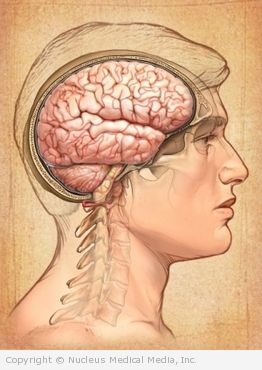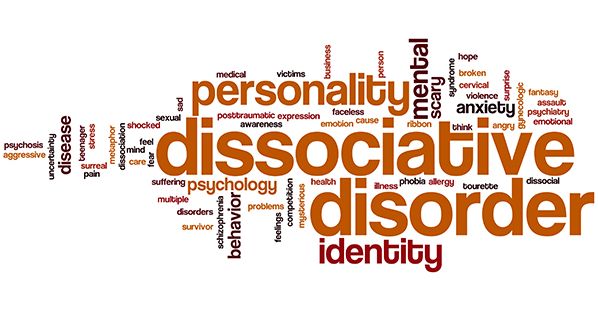Delirium Tremens
Delirium tremens – Definition
Delirium tremens (DTs) is a severe disturbance of the brain caused by alcohol withdrawal. They are thought to occur in about 5% of patients hospitalized for alcohol withdrawal.

Delirium tremens – Causes
DTs occur when a person who repeatedly drinks large amounts of alcohol suddenly stops or decreases the amount of alcohol consumed.
Delirium tremens – Risk Factors
These factors increase your chance of developing DTs:
- History of DTs
- Other medical problems in addition to alcohol abuse
- Brain damage
Delirium tremens – Symptoms
Symptoms usually begin 2-4 days after suddenly stopping or decreasing alcohol intake. Symptoms may include:
- Anxiety
- Confusion / disorientation
- Delirium (alternating levels of consciousness)
- Trouble sleeping
- Bad dreams
- Severe agitation
- Fever
- Hallucinations (the perception of a thing, voice, or person that is not present, both visual and auditory)
- Delusions (a false belief that is strongly held)
- Tremors of the hands, head, or body
- Severe sweating
- Rapid heartbeat
- Nausea
- Increased rate of breathing
- Increased blood pressure
- Increased body temperature
- Seizures
In severe cases, DTs can result in death, especially if untreated.
Delirium tremens – Diagnosis
The doctor will ask about your symptoms and medical history. A physical exam will be done. The diagnosis of DTs is usually based on the symptoms and signs of the disorder. Tests may include:
- Blood tests to measure liver function or electrolytes
- CT scan — a type of x-ray that uses a computer to make pictures of the inside of the brain
- MRI scan — a test that uses magnetic waves to make pictures of structures inside the brain
- Electroencephalogram (EEG) — a test used to evaluate brain function or disorders
Delirium tremens – Treatment
Treatment can be difficult. DTs are likely to last for 5-7 days regardless of the therapy used. Clearing of DTs may begin in 12-24 hours, but may take up to 2-10 days. Treatment for alcohol abuse is necessary once DTs are under control.
Treatment may include:
Medication
Medicines may include:
- Sedatives to:
- Calm agitation
- Ease withdrawal symptoms
- Aspirin or acetaminophen to lower fever
- Anti-seizure medicine
Vitamins and Fluids
Severe, life-threatening vitamin deficiency or dehydration may accompany DTs. Treatment may include:
- Intravenous fluids, magnesium, and glucose
- Intravenous doses of vitamin C and B-complex vitamins, including thiamin and folic acid
Rehabilitation
Treatment for alcohol abuse may be done in a hospital setting or while living at home. It may involve individual or group therapy. Many people seek support by participating in groups, like Alcoholics Anonymous (AA).
If you are diagnosed as experiencing DTs, follow your doctor’s instructions.
Delirium tremens – Prevention
To prevent having DTs, do not abuse alcohol. If you do drink large amounts on a regular basis, do not suddenly decrease the amount or stop drinking on your own. Rather, get advice from your doctor on the safest way to lower your intake.

